
THE BOTTICELLI SECRET
ALSO BY MARINA FIORATO
The Glassblower of Murano
The
Botticelli Secret

MARINA FIORATO

ST. MARTINS GRIFFIN  NEW YORK
NEW YORK
To my mother, Barbara Fiorato,
who first took me to see La Primavera
ACKNOWLEDGMENTS
The Botticelli Secret visits many cities, so I needed help from many people and was lucky enough to get it. Some of those who assisted me are family, some are eminent scholars, some fall into both categories.
Id like to thank my sister, archaeologist Veronica Fiorato, for her assistance on all things Roman, and my brother- in- law, Richard Brown, on naval history. Also on the family front, Im indebted to my godfather, volcanologist Alwyn Scarth, for his help with the effects of earthquakes, and my mother, Barbara Fiorato, for tracking down various biblical references, with the assistance of Reverend Roger Wood, who was also most helpful on the subject of serpents in Scripture. My father, Adelin Fiorato, was, as ever, invaluable on the symbolism of Renaissance painting. Dr. Patrick Hunt of Stanford University was most helpful on the matter of the pavimentum in the Pantheon, and I also relied heavily on Dr. Antonio Barettas detailed investigation of the catacombs in Rome. Any mistakes with respect to the above subjects are entirely my own and should not reflect the expertise of those kind enough to assist me.
Special mention must also go to family friend Bryan Clay, for it was he who first sent me a newspaper article about Professor Guidonis Botticelli Code, the spark of inspiration for this book.
I must also thank my agents, Teresa Chris and Patricia Moosbrugger, and the team at St. Martins Press, particularly Hope Dellon and Laura Bourgeois.
We are indebted to the Uffizi Gallery for their kind permission to use their incomparable painting throughout this book.
Above all, I must thank my husband, Sacha, who added to his many roles this time with that of tireless researcher. And, last but never least, my two little cherubs, Conrad and Ruby.
Seven Kings, five are fallen, one is and the other is not yet come; And when he cometh, he must continue a short space.
The Book of Revelations, chapter 17, verses 910


1

Florence
1482
Florence, June 1482
1
Florence looks like gold and smells like sulphur.
The buildings are massive, gorgeous, and epic. They are made of glowing gilded stone and silver marble. Yet the smellsanimal dung, human waste, rotting meat and vegetables left in the gutter from marketwould make a tanner blanch. In fact, the city is a mass of contradictions. It is built for giants, with the huge loggias, toothsome palaces, and massy pillars, yet the Florentines are a tiny people and scuttle around the plinths like brightly dressed pygmies. The only citizens that truly fit such a scale are the statues that wrestle their stony bouts in the Piazza della Signoria.
Florence is beautiful and brutal. Her beauty is skin deep; underneath, the blood runs very near the surface. Wondrous palaces and chapels stand right next to the Bargello jail, a place worse than the Inferno. In every church, heaven and hell coexist on the walls. These opposite fates sit cheek by jowl on the ceilings too, divided only by the crossribs. In the dome of Santa Maria del Fiore, our great cathedral, angels and demons whirl around together in a celestial fortunes wheel. Paradise and damnation are so close, so very close. Even the food is a contradiction. Take my favorite food, carpaccio: slabs of raw meat fair running with blood. Its delicious, but something had to die to make it.
On the streets, too, gods and monsters live together. I have no illusions. I am one of the monstersLuciana Vetra, part-time model and full-time whore. The preachers spill poison about the likes of me from their pulpits, and decent women spit at me in the street. The Lord and the Devil compete for the souls of the Florentines, and sometimes I think the Devil is winning; if you enter the Battistero and look upon the mosaics of the Last Judgment, which bit do you look at first? Heaven, with the do-gooding angels and their haloes and hallelujahs? Or hell, with the long-eared Lucifer devouring the damned? And if you were to read Signor Dantes Divina commedia, would you start with Paradiso, with its priests and pope-holy prelates? Or the Inferno, where the skies rain blood and feckless nobles fry feet first? You know the answer. So there was I, a jade and a jezebel, reviled by decent folk, touting one or more of the Deadly Sins on the street. A lost sheep. Sometimes, though, a shepherd will come among us, one of the godly, selling salvation.
And thats how I met Brother Guido della Torre.
It was not an auspicious meeting. He did not see me at my best. I was dressed in my best, to be sure, for I am always aware of the passing trade. But I happened to be sitting on the balustrade of the river, pissing into the Arno. Framed poetically by the saffron arches of the Ponte Vecchio looming behind. In fairness, it would not have been immediately obvious to the good brother what I was doing, as my skirts were voluminous. But I had just come from Bembos bed, was on my way to Signor Botticellis studio, and the quantity of muscat I had drunk for breakfast begged for evacuation.
Actually, Im telling this all wrongbefore we go on to talk about Brother Guido, and the right path, let me give you a glimpse of my old life, and the wrong one. Because unless you know about Bembo, and how I came to model for Signor Botticelli, you will never get to understand the secret, and the secret is the story. So lets go back to . . . the night before? No; no need to take you through all the depraved sex acts we committed for pleasure on Bembos part and payment on mine. That morning would be time enough: Friday, the thirteenth of June, an unlucky day for so many reasons. Springthe right place to start.
2
Chi-chi?
Madonna. I hated being woken up after a hard nights work. Yes?
Will you do a favor for me?
Another one? After the night hed just had, Bembo shouldve been doing me favors. Over and above our agreed rate, of course. But business is business. I smiled sleepily. Of course.
Bembo hauled his considerable weight to his elbow and I caught a whiff of his armpit. Madonna. I reached for the lavender pomade from the night table and pressed it to my nose. Smiling coquettishly to dissolve the insult, I waited for what came next. It was always hard to tell with Bembo; obscenely rich men reserve the right to be unpredictable.
Benvolio Malatesta.
Fact one, Fatto Uno: he was called Benvolio Malatesta, but everyone called him Bembo. Maybe because he had a carefully studied jocular air, like your favorite uncle; a quality totally belied by his utter ruthlessness in business. He smiled and joked a lot but;
Fact two, Fatto Due: Bembo was one of the richest men in Florence. He made all his money from importing pearls from the Orient. Lovely things they were: big and fat and as white as an olive is black. He sent little boys with oyster knives to dive for them. Sometimes they ran out of breath or got tangled in seaweed.
Next page

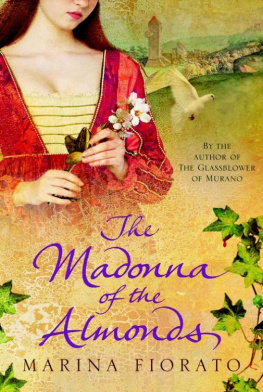
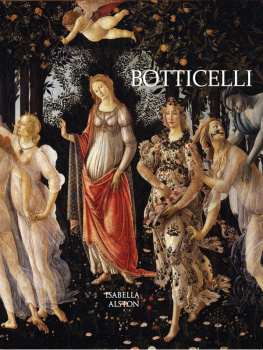
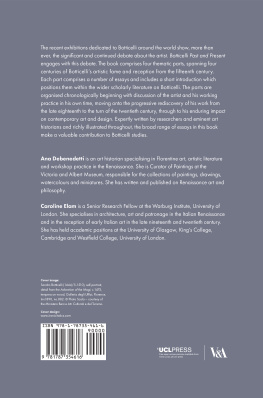
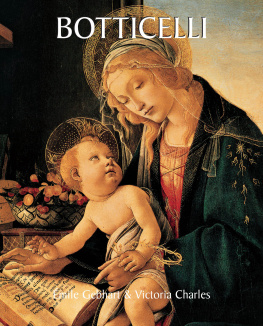
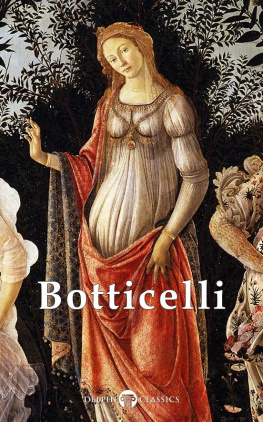
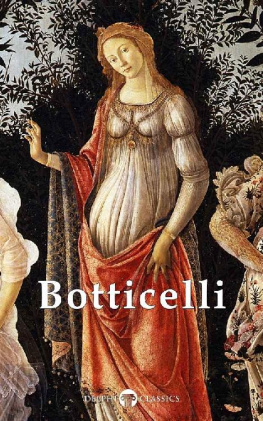
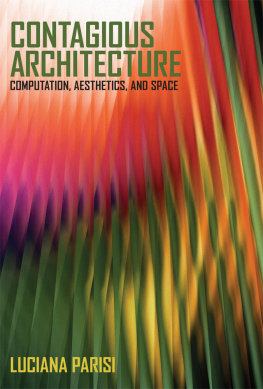



 NEW YORK
NEW YORK
